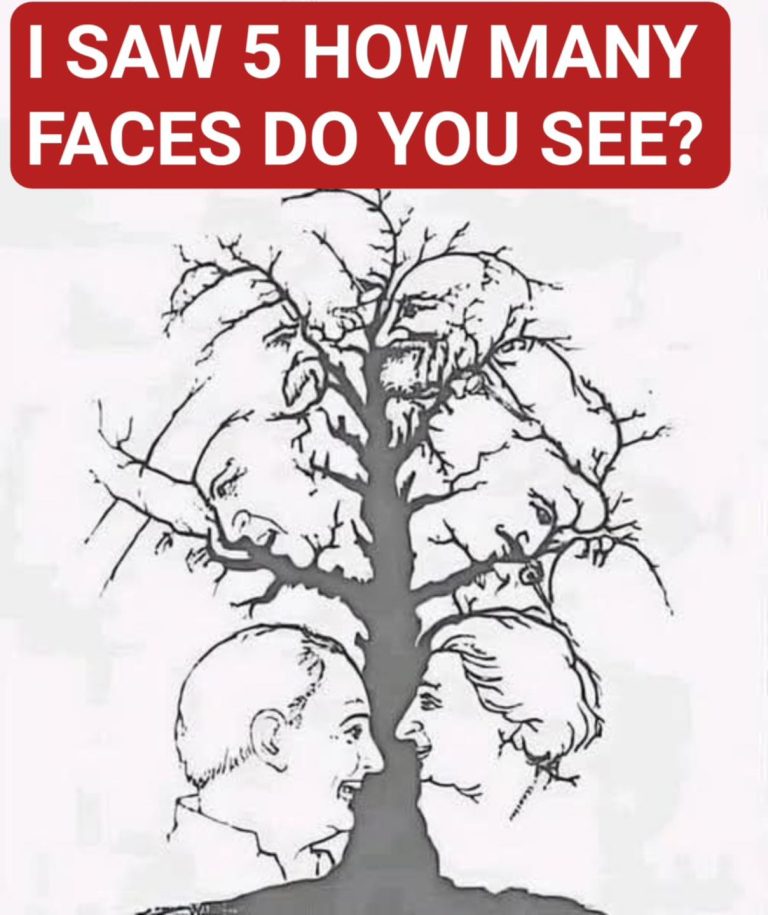
Death is never an easy topic to talk about.
But if you’ve ever watched someone you love grow old, you’ve probably noticed little changes — shifts in their habits, their mood, their energy — that feel different.
Sometimes, those changes are our loved ones’ quiet way of preparing — not just themselves, but us, for the inevitable.
Doctors, caregivers, and families who’ve spent years around the elderly say there are often subtle signs that appear in the final year of life. These aren’t always clear indicators, but when they show up together, they can tell a powerful story.
Here are five signs many older adults begin to show a year before they pass away — and what they truly mean.
1. They Start Letting Go of Everyday Attachments
You may notice them losing interest in things they used to love — gardening, cooking, watching their favorite shows, or even chatting on the phone.
It’s not depression in every case — it’s often something deeper. They begin to release their attachment to routines and material things.
It’s as if, quietly, they’re preparing their hearts to let go.
Many older people report feeling “at peace” when this happens, even if it looks like withdrawal to others. It’s their spirit’s way of shifting focus inward — from doing to simply being.
2. They Talk More About the Past
Memories suddenly become vivid.
Stories from 40, 50, or 60 years ago come up again and again.
They might tell the same story repeatedly, or mention people long gone — parents, siblings, friends from childhood.
This isn’t always memory loss. Often, it’s a sign they’re processing their life story — finding meaning, closure, and peace.
They revisit old memories not because they’re stuck, but because they’re reviewing their journey. It’s a natural part of preparing to move on.
3. Their Sleep Patterns Change Dramatically
One of the most common physical changes in the final year is altered sleep.
They may sleep much more — or sometimes, very little. Their internal rhythm changes as the body slowly begins to conserve energy.
Many describe vivid dreams or even “visits” from deceased loved ones. Hospice nurses often hear older patients say,
“Your father came to see me last night,”
or
“I saw my old home again — it was beautiful.”
Whether you believe in the spiritual or purely physical explanation, it’s clear: something inside begins to shift toward peace.
4. A Sudden Burst of Energy or Clarity
Sometimes, just weeks or months before death, a person who seemed weak or confused suddenly becomes clear, talkative, and full of life.
They eat a full meal. They laugh again. They say beautiful, heartfelt things.
Families often think they’re “getting better.”
But in many cases, it’s a final surge — the body’s last gift of strength, allowing the person to say goodbye, to find closure, or to leave on their own terms.
It’s one of the most mysterious, yet strangely comforting, moments families experience.
5. They Begin to See Death Differently
You’ll notice a quiet acceptance.
They may start saying things like:
“I’m tired, but I’m ready.”
“Don’t worry, I’ll always be around.”
They may talk about “going home” or “seeing old friends.”
It’s not fear anymore — it’s calm. Peace.
Their relationship with death changes completely.
For loved ones, that can be heartbreaking, but it’s also something sacred. It’s their soul making peace with what comes next.
A Gentle Reminder
Not everyone who shows these signs is near death — but when they appear together, they often mark a deeper transition.
If you see them in someone you love, don’t panic. Instead, be present.
Hold their hand more. Ask them to tell their stories. Laugh with them. Sit in silence if that’s what they need.
Because while their time here may be ending, their love — the memories, the warmth, the lessons — will never fade.
As one hospice nurse once said:
“Death isn’t the end. It’s just love taking a different form.”



